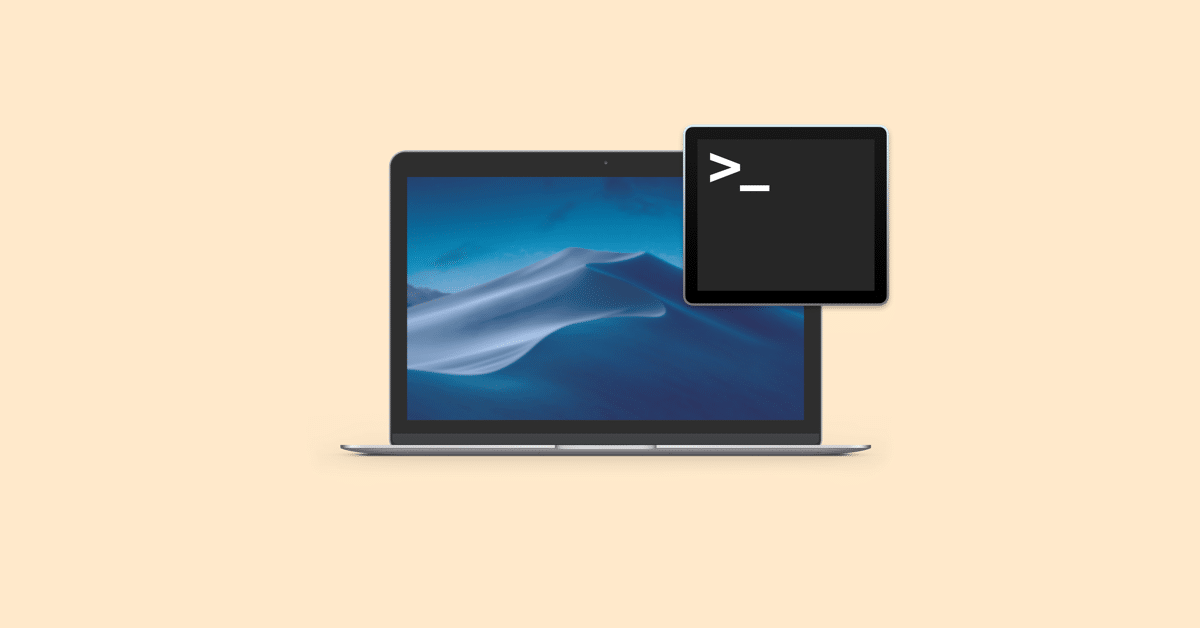
There are many ways of looking at certain processes that our Mac performs, but one of the most effective is using the terminal. It is true that it is the most complicated way, but as we said it is the most effective. You do not depend on third-party programs that consume resources and it is also always reliable. The good thing is that you can always find tutorials like this to help you use the terminal if you don't have previous knowledge. This time we help you to know which processes on the Mac they are accessing the Internet.
First of all and before you go crazy looking for the script to find out which Mac processes use the Internet, you should know two things. The first, how to open the Mac terminal (it seems obvious but many people surely do not know it) and second, knowing what resources connect to the Internet on the Mac is used to determine why it can sometimes go slow and to know which programs work on background. Something interesting and useful to improve the capacity of the computer.
There are a couple of different ways to open the terminal:
- Click on the Launchpad icon on the Dock, type Terminal in the search field, and then click Terminal.
- In the finder, Open the / Applications / Utilities folder, then double-click Terminal.
Now i just have to write this sequence:
lsof -P -i -n | cut -f 1 -d " " | uniq
Press Enter and a list of processes that are using the internet connection. Most of the time, what we see on the list is self-explanatory, or can be figured out relatively easily.
That you enjoy it and we hope it is useful to you and that with this mini tutorial you can advance your notions about your Mac and how it works.